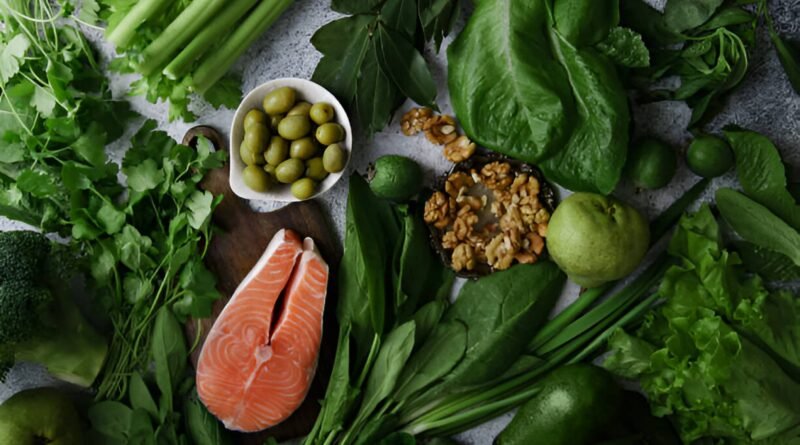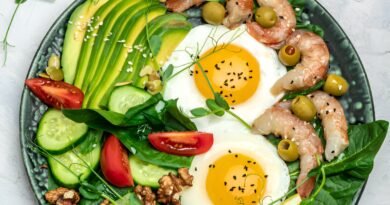Powerful Anti-Inflammatory Diet: Benefits, Meal Plans, and Recipes
What is an anti-inflammatory diet?
Have you ever wondered about the anti-inflammatory diet and its health benefits? It’s a diet that focuses on whole foods to lower body inflammation. You can start improving your health by learning about a good anti-inflammatory diet. We’ll look at how to reduce inflammation naturally with a balanced diet.
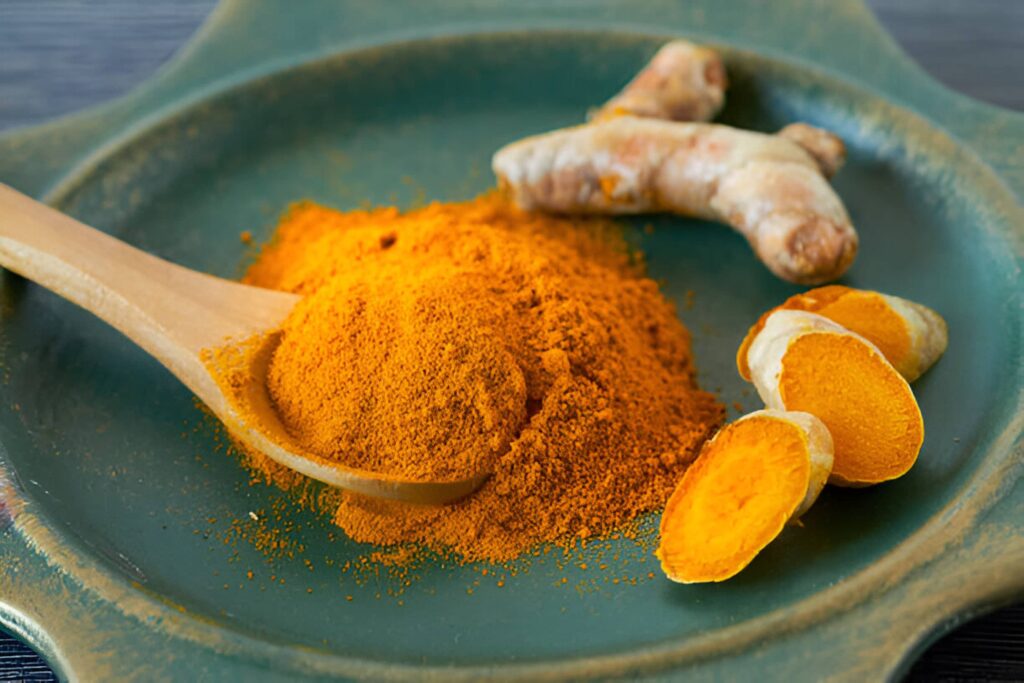
Eating well is key to staying healthy, an anti-inflammatory diet is no different. It helps lower the risk of diseases like heart disease and cancer. So, what is this diet, and how do you start? Let’s explore together.
Key Takeaways
- Understanding what an anti-inflammatory diet can help you reduce inflammation and improve overall health.
- A good anti-inflammatory diet focuses on whole, unprocessed foods.
- Reducing inflammation can significantly lower the risk of developing chronic diseases.
- Incorporating the right foods into your diet is essential for maintaining overall health.
- Learning how to reduce inflammation in the body naturally can be achieved through a balanced diet and lifestyle changes.
- An anti-inflammatory diet can have numerous health benefits, including improving overall well-being.
- Getting started with an anti-inflammatory diet can be easy with the right meal plans and recipes.
Table of Contents
Anti-Inflammatory Diet: A Complete Guide to Reducing Inflammation Naturally
To start an anti-inflammatory diet, first understand what causes inflammation. Inflammation is a natural response to injury or infection. But, chronic inflammation can cause health problems. The diet focuses on foods that fight inflammation, like omega-3 fatty acids, antioxidants, and fibre.
When asking if anti-inflammatory diets work, look at the science. These foods have been proven to reduce inflammation and improve health. The best diet includes whole, unprocessed foods like fruits, vegetables, whole grains, and lean proteins.
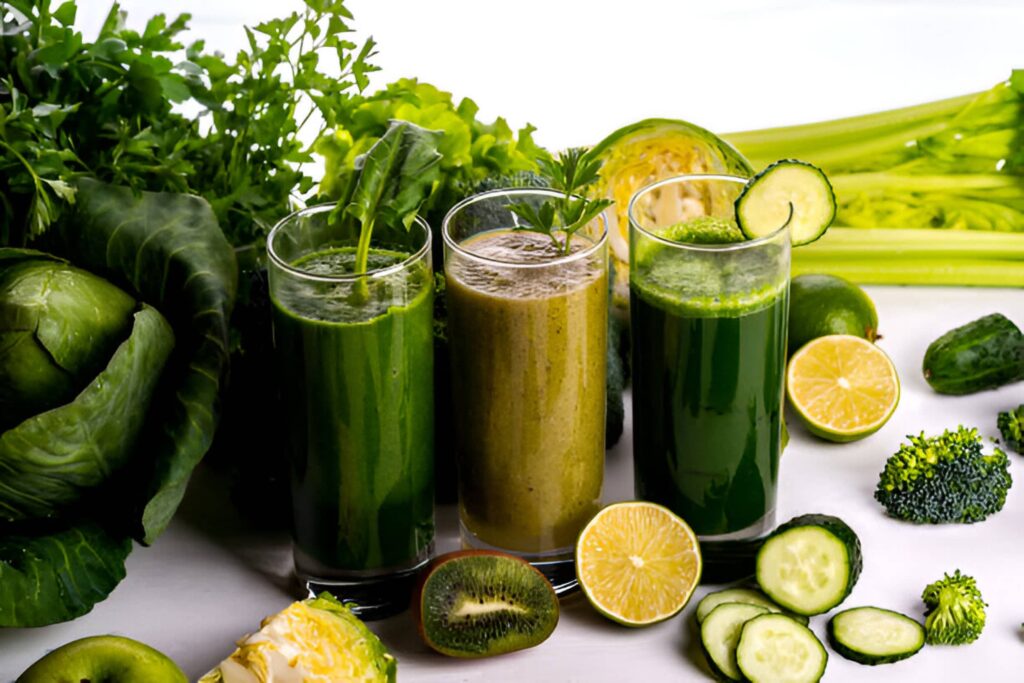
What Causes Inflammation in the Body
Inflammation can come from many sources, like a bad diet, not exercising, and stress. Eating too much-processed food, sugar, and saturated fats can cause chronic inflammation. However, eating whole, unprocessed foods can help lower inflammation.
The Science Behind Anti-Inflammatory Foods
Foods like fatty fish, turmeric, and ginger have potent anti-inflammatory effects. They contain compounds that reduce inflammation and help the body heal.
Key Principles of Anti-Inflammatory Eating
The main principles of anti-inflammatory eating are simple. Eat whole, unprocessed foods, drink plenty of water, and avoid processed and sugary foods. By following these, you can lower inflammation and improve your health. This makes it easier to start an anti-inflammatory diet and see if it works for you.
Health Benefits of an Anti-Inflammatory Diet
Following an anti-inflammatory diet can significantly improve your health. It can lower the risk of chronic diseases and help with arthritis symptoms. The anti-inflammatory diet for arthritis relief is especially good at reducing inflammation. It promotes overall health and well-being.
You can fight inflammation and lose weight by eating whole, unprocessed foods. The anti-inflammatory diet for weight loss: does it help is a common question. Many people are interested in its benefits.
A gluten-free anti-inflammatory diet is a healthy approach for those with gluten issues. It avoids foods that cause inflammation and adds foods that fight it. The main benefits of an anti-inflammatory diet include:
- Reduced inflammation and improved arthritis symptoms.
- Healthy weight loss and better weight management.
- Improved overall health and well-being.
- Lower risk of chronic diseases like heart disease and diabetes.
Adding an anti-inflammatory diet to your life can boost your health. It offers many benefits, including help with arthritis and weight loss. An anti-inflammatory diet is worth trying.
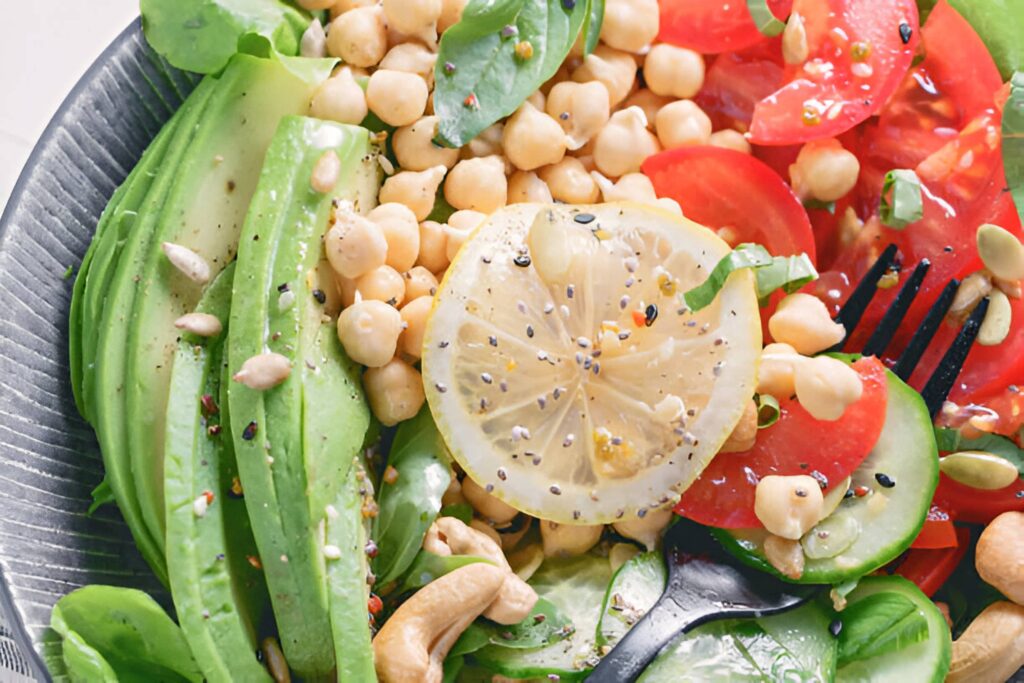
7-Day Anti-Inflammatory Diet Meal Plan for Optimal Health
What makes a good anti-inflammatory diet? It’s all about whole, unprocessed foods. These foods help lower body inflammation naturally. Add colourful fruits, veggies, healthy fats, and lean proteins to your meals.
Here are some foods to add to your diet:
- Leafy greens like spinach and kale.
- Berries, such as blueberries and strawberries.
- Fatty fish, like salmon and sardines, which are rich in omega-3 sources.
- Nuts and seeds, including walnuts and chia seeds.
- Herbs and spices, like turmeric and ginger, which have potent anti-inflammatory benefits.
- Repeat it, or go with other combinations.
Adding these foods to your meals makes for tasty, healthy dishes. Try a salad with mixed greens, berries, and nuts. Or grill salmon with turmeric and ginger. It’s all about finding foods you like and experimenting with new recipes.
An anti-inflammatory diet aims to eat whole, unprocessed foods. These foods boost your health and well-being. You can naturally lower body inflammation and feel great by making a few diet changes.
Foods to Avoid That Cause Inflammation
Knowing which foods to avoid is key when starting an anti-inflammatory diet. Some foods can trigger inflammation, making it hard to stay healthy. To follow the best anti-inflammatory diet, limit or avoid these foods.
Understanding which foods to avoid is a crucial part of an anti-inflammatory diet. Some top inflammatory foods include:
- Processed meats, such as hot dogs and sausages
- Sugary drinks, like soda and sports drinks
- Refined carbohydrates, found in white bread and sugary snacks
These foods can lead to inflammation and hinder your health goals. You can reduce inflammation by avoiding them and eating whole, nutrient-dense foods. This improves your overall health.
Remember, a healthy diet is all about balance and making informed choices. By knowing which foods to avoid and which to include, you can create a personalized diet plan that works for you and helps you achieve optimal health.
Start your journey to a healthier lifestyle by learning how to start an anti-inflammatory diet and making informed food choices. With the proper guidance and a little practice, you can develop the best anti-inflammatory diet for optimal health that works for you and helps you achieve your health goals. An anti-inflammatory diet for beginners: a simple guide can give you the tools and knowledge you need to start.
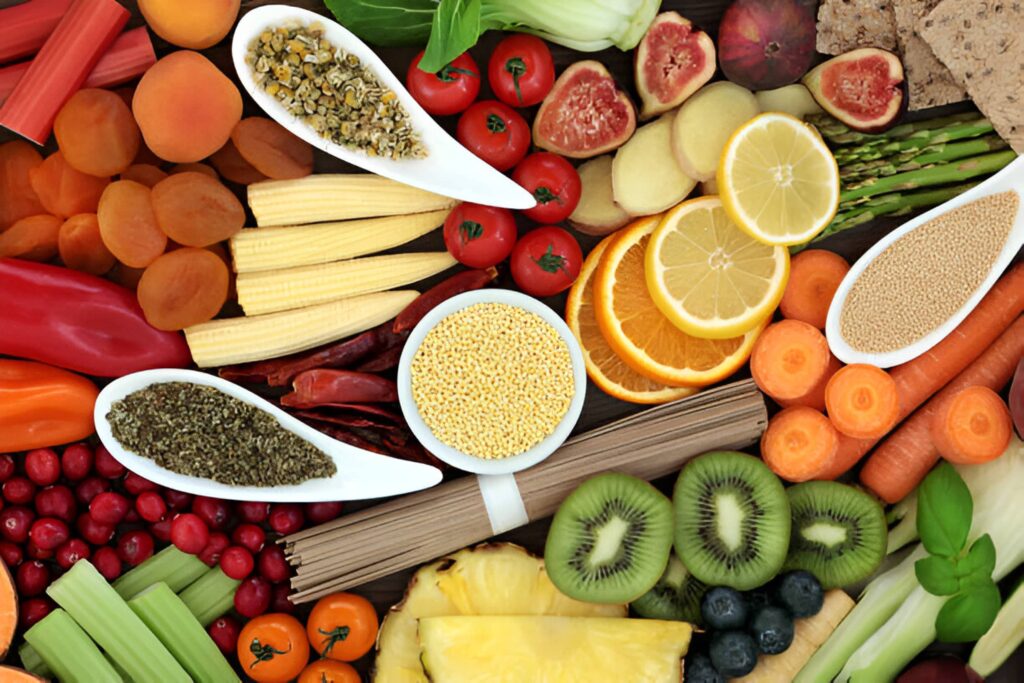
Top Anti-Inflammatory Foods to Add to Your Diet
Starting an anti-inflammatory diet can seem challenging, but it can be easy and fun. First, learn about diet’s benefits, such as helping with weight loss. The anti-inflammatory diet for weight loss: Does it help? This is a big question. The answer is yes because it fights inflammation,
which can lead to weight gain.
Choosing a gluten-free anti-inflammatory diet: a healthy approach is a significant first step. It removes gluten, a common cause of inflammation. Also, try a 21-day anti-inflammatory diet plan pdf for a clear guide. This plan teaches you the diet’s basics and helps you make better food choices.
Kitchen Pantry Essentials
- Fresh fruits and vegetables.
- Healthy fats, such as olive oil and avocado.
- Herbs and spices, like turmeric and ginger.
- Lean proteins, including fish and poultry.
Meal Prepping Strategies
Meal prepping is key to an anti-inflammatory diet. It lets you plan and prepare meals ahead of time. This means cooking big batches of food, like soups and stews, and then freezing them for later.
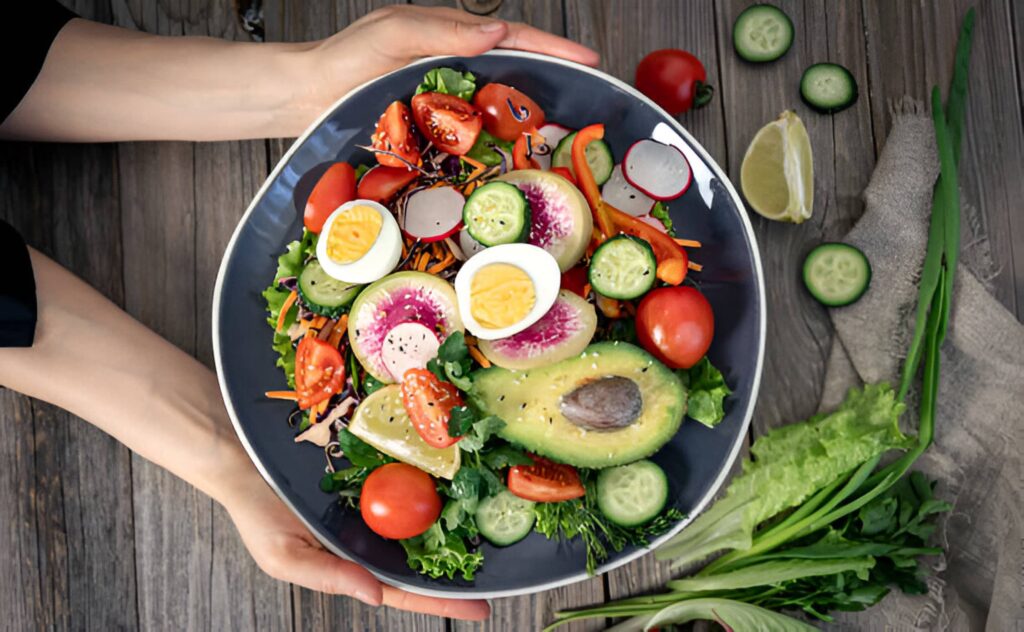
Weekly Anti Inflammatory Diet Meal Plan
Knowing what an anti-inflammatory diet is is key to starting an anti-inflammatory diet meal plan. It’s about eating whole, unprocessed foods. These foods help lower inflammation and boost health.
Having an anti-inflammatory diet meal plan is a good first step. Here are some ideas for breakfast, lunch, and dinner:
Breakfast Options
- Oatmeal with fruit and nuts.
- Scrambled eggs with spinach and whole wheat toast.
- Avocado toast with cherry tomatoes and feta cheese.
Lunch and Dinner Ideas
- Grilled chicken or fish with roasted vegetables.
- Lentil soup with a side of mixed greens salad.
- Quinoa bowl with roasted sweet potatoes, black beans, and avocado.
Drinking enough water is also essential. Try to drink lots of water all day. Herbal teas and low-sugar juices are good, too. By eating well and staying healthy, you can naturally lower body inflammation.
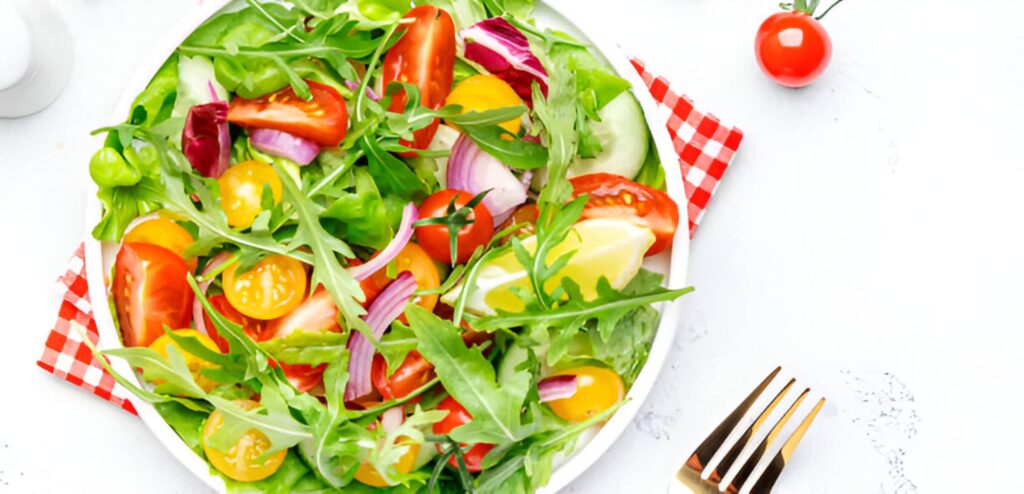
Delicious and Easy Anti-Inflammatory Recipes for a Healthier You
An anti-inflammatory diet focuses on whole, unprocessed foods. These foods are good for your health and taste great. You can find many delicious anti-inflammatory diet recipes to add to your meals. They help with an anti-inflammatory diet for arthritis relief and support an anti-inflammatory diet for weight loss: does it help questions?
Yes, Cooking at home lets you control what you eat. It helps you avoid foods that cause inflammation. To make healthy meals, use fresh herbs and spices for flavour. Add colourful fruits and vegetables, and choose lean proteins and whole grains. Here are some ideas to start:
- Grilled salmon with roasted vegetables.
- Quinoa and black bean bowls with avocado salsa.
- Spinach and feta stuffed chicken breast with sweet potato.
These recipes are not only delicious but also fight inflammation. You can start a healthier lifestyle by changing your diet and cooking habits. The main thing is to eat whole, nutrient-rich foods and avoid processed and inflammatory foods.
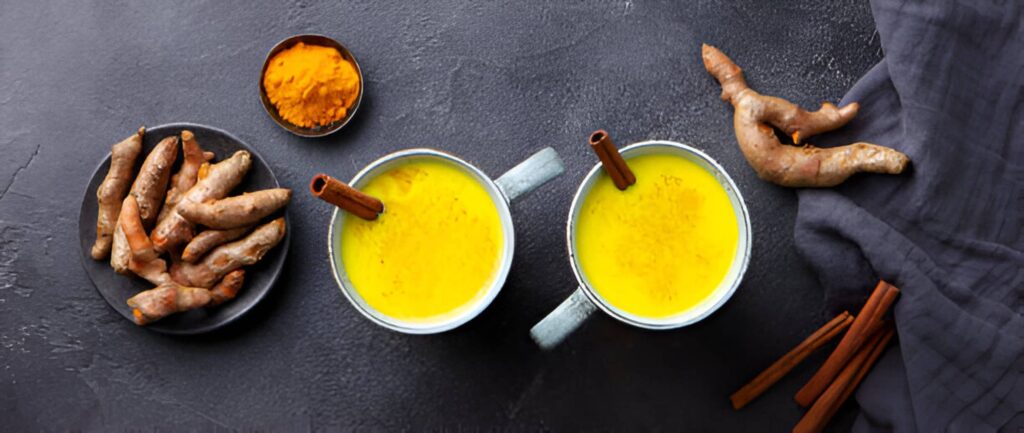
Combining Exercise and Lifestyle Changes
Following an anti-inflammatory diet is just the start. You need to add exercise and lifestyle changes to improve your health. Knowing how to start and what diet is best for you is essential. A simple guide can help beginners.
Exercise and lifestyle changes are key to better health. Gentle activities like yoga or swimming can help reduce inflammation. Stress management, like meditation, also plays a significant role in keeping your body healthy.
Stress Management Techniques
Stress can lead to inflammation, so managing it is crucial. Here are some practical ways to do so:
- Meditation and mindfulness practices.
- Deep breathing exercises
- Yoga and tai chi
- Walking and other forms of gentle exercise
Sleep Quality Importance…
Sleep is vital for your health. It helps your body repair and strengthen itself. Get 7-9 hours of sleep each night to fight inflammation and boost your health.
How to Reduce Inflammation in the Body
Common Challenges and Solutions
Adopting an anti-inflammatory diet can be challenging. Cravings and social pressures are significant obstacles. To address these challenges., it’s essential to understand how to reduce inflammation in the body naturally. Many ask, do anti-inflammatory diets work? Yes, they do, but it takes dedication and the right strategy.
Cravings for inflammatory foods are a big challenge. To tackle this, focus on the diet’s benefits for weight loss. Yes, it can help you lose weight and improve your health. Eating anti-inflammatory foods and avoiding pro-inflammatory ones can fight inflammation and reach your weight loss goals.
Here are some tips to overcome common challenges:
- Plan your meals to avoid unhealthy choices
- Find healthy swaps for your favourite inflammatory foods
- Get support from loved ones or a healthcare expert to stay on track
You can beat common obstacles by using these tips and understanding the diet’s benefits. This will help you live a healthier, more balanced life.
Conclusion: Embracing a Healthier Future Through Anti-Inflammatory Living
An anti-inflammatory diet brings many benefits to your health. It focuses on whole foods, staying hydrated, and making healthy choices. This helps reduce inflammation and keeps your body working well.
Starting an anti-inflammatory lifestyle is a big step towards a better future. It lets you control your health and lower the risk of chronic diseases. You’ll feel more vibrant and full of energy.
Adopting an anti-inflammatory diet is not the same for everyone. Try out different
anti-inflammatory meal plans to see what works for you. With effort and commitment, you can fully benefit from an anti-inflammatory diet and live a healthier life.
FAQ
What is an anti-inflammatory diet?
An anti-inflammatory diet focuses on whole, unprocessed foods. These foods help reduce body inflammation. This can help prevent many health problems.
What is a good anti-inflammatory diet?
A good diet includes colourful fruits, veggies, omega-3s, lean proteins, and whole grains. It also reduces processed foods, added sugars, and unhealthy fats.
How can I reduce inflammation in the body naturally?
Eating anti-inflammatory foods is key. Also, exercise, manage stress, and get enough sleep. Adding turmeric, ginger, and garlic can help too.
Do anti-inflammatory diets work?
Yes, they do. Studies show they can lower inflammation and improve health. They help prevent diseases like heart disease and cancer.
How do I start an anti-inflammatory diet?
Add more fruits, veggies, whole grains, lean proteins, and healthy fats to your meals. Avoid processed foods and unhealthy fats. Plan your meals and stock your kitchen with nutritious foods.
What is a 21-day anti-inflammatory diet plan?
It’s a 21-day guide to eating anti-inflammatories. It includes meal plans, recipes, and shopping and meal prep tips. It supports your journey to better health.
What is the best anti-inflammatory diet for optimal health?
The best diet focuses on whole foods like fruits, veggies, whole grains, lean proteins, and healthy fats. Find a diet that you enjoy and can stick to long-term.
What is an anti-inflammatory diet for beginners?
It’s a simple guide for beginners. It focuses on whole foods, limits processed items, and includes anti-inflammatory foods like leafy greens and berries.
How can an anti-inflammatory diet help with arthritis?
It can help by reducing inflammation. This can ease joint pain and stiffness. Foods like omega-3 fish, turmeric, and ginger are beneficial.
Can an anti-inflammatory diet help with weight loss?
Yes, it can support weight loss. It focuses on whole foods and limits processed items and sugars. However, weight loss results vary.
What is a gluten-free anti-inflammatory diet?
It avoids gluten but still includes anti-inflammatory foods. It’s suitable for those with gluten intolerance or sensitivity.
What are some delicious anti-inflammatory diet recipes to try?
Try grilled salmon with veggies, turmeric chicken with quinoa, and berry smoothie bowls. They use anti-inflammatory ingredients like leafy greens and berries.
Read also:
9 Delicious Healthy Recipes for Breakfast to Kickstart Your Day
7-Day Keto Meal Plan: Balanced Your Week with Tasty Recipes
Keto for Diabetics: Benefits, Risks, and Practical Strategies
Best Low Carb Diets Made Simple: Your Keto Cooking Ingredients
Ultimate Keto Diet Food List: Your Guide to Low-Carb Success
Low Carb Breakfast Recipes: Top Picks from the Keto Diet Food List
Keto Quiche Recipe: A Beginner’s Guide to Low-Carb Cooking
Fluffy Keto Pancakes: Perfect Easy Keto Meal Plan
Watch Video:

